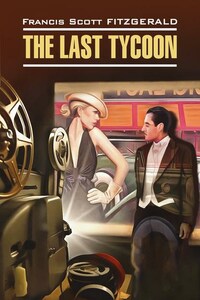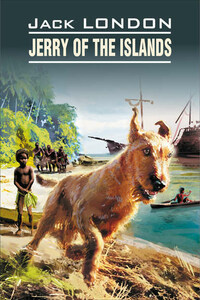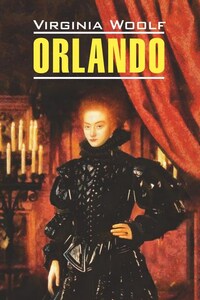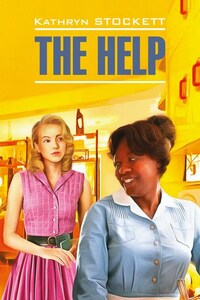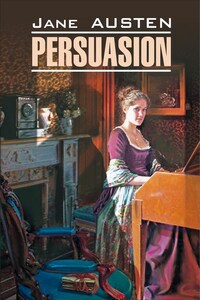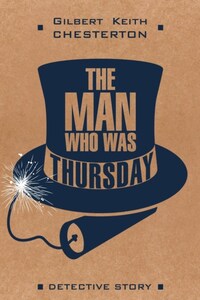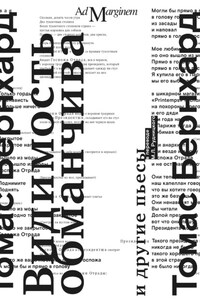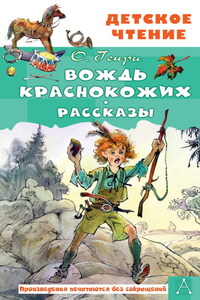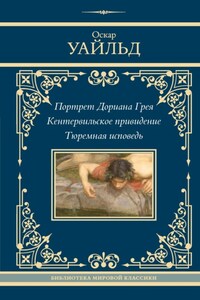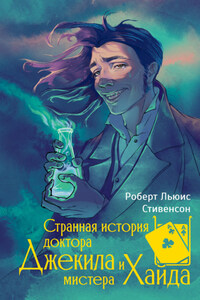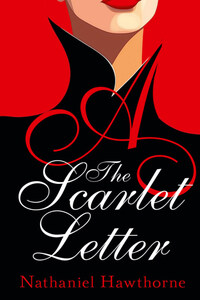Scott Fitzgerald died suddenly of a heart attack (December 21, 1940) the day after he had written the first episode of Chapter 6 of his novel. The text which is given here is a draft made by the author after considerable rewriting; but it is by no means a finished version. In the margins of almost every one of the episodes, Fitzgerald had written comments – a few of them are included in the notes – which expressed his dissatisfaction with them or indicated his ideas about revising them. His intention was to produce a novel as concentrated and as carefully constructed as The Great Gatsby had been, and he would unquestionably have sharpened the effect of most of these scenes as we have them by cutting and by heightening of color. He had originally planned that the novel should be about 60,000 words long, but he had written at the time of his death about 70,000 words without, as will be seen from his outline, having told much more than half his story. He had calculated, when he began, on leaving himself a margin of 10,000 words for cutting; but it seems certain that the novel would have run longer than the proposed 60,000 words. The subject was here more complex than it had been in The Great Gatsby – the picture of the Hollywood studios required more space for its presentation than the background of the drinking life of Long Island; and the characters needed more room for their development.
This draft of The Last Tycoon, then, represents that point in the artist’s work where he has assembled and organized his material and acquired a firm grasp of his theme, but has not yet brought it finally into focus. It is remarkable that, under these circumstances, the story should have already so much power and the character of Stahr emerge with so much intensity and reality. This Hollywood producer, in his misery and grandeur, is certainly the one of Fitzgerald’s central figures which he had thought out most completely and which he had most deeply come to understand. His notes on the character show how he had lived with it over a period of three years or more, filling in Stahr’s idiosyncrasies and tracing the web of his relationships with the various departments of his business. Amory Blaine and Antony Patch were romantic projections of the author; Gatsby and Dick Diver were conceived more or less objectively, but not very profoundly explored. Monroe Stahr is really created from within at the same time that he is criticized by an intelligence that has now become sure of itself and knows how to assign him to his proper place in a larger scheme of things.
The Last Tycoon is thus, even in its imperfect state, Fitzgerald’s most mature piece of work. It is marked off also from his other novels by the fact that it is the first to deal seriously with any profession or business. The earlier books of Fitzgerald had been preoccupied with debutantes and college boys, with the fast lives of the wild spenders[1] of the twenties. The main activities of the people in these stories, the occasions for which they live, are big parties at which they go off like fireworks and which are likely to leave them in pieces[2]. But the parties in The Last Tycoon are incidental and unimportant; Monroe Stahr, unlike any other of Scott Fitzgerald’s heroes, is inextricably involved with an industry of which he has been one of the creators, and its fate will be implied by his tragedy. The moving-picture business in America has here been observed at a close range, studied with a careful attention and dramatized with a sharp wit such as are not to be found in combination in any of the other novels on the subject. The Last Tycoon is far and away[3] the best novel we have had about Hollywood, and it is the only one which takes us inside.
It has been possible to supplement this unfinished draft with an outline of the rest of the story as Fitzgerald intended to develop it, and with passages from the author’s notes which deal, often vividly, with the characters and scenes.
Though I haven’t ever been on the screen I was brought up in pictures. Rudolph Valentino[4] came to my fifth birthday party – or so I was told. I put this down only to indicate that even before the age of reason I was in a position to watch the wheels go round.
I was going to write my memoirs once, The Producer’s Daughter, but at eighteen you never quite get around to anything like that. It’s just as well – it would have been as flat as an old column of Lolly Parsons’. My father was in the picture business as another man might be in cotton or steel, and I took it tranquilly. At the worst I accepted Hollywood with the resignation of a ghost assigned to a haunted house. I knew what you were supposed to think about it but I was obstinately unhorrified.
This is easy to say, but harder to make people understand. When I was at Bennington some of the English teachers who pretended an indifference to Hollywood or its products, really
